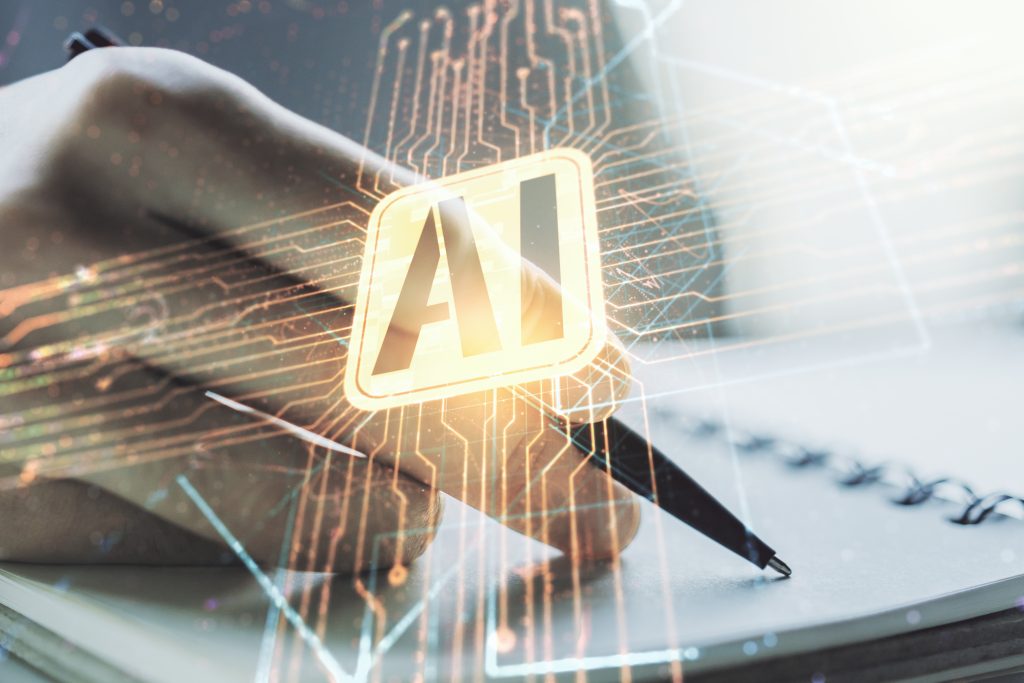OECD’s updated AI definition paves the way for EU’s comprehensive AI regulation
The OECD has updated its definition of Artificial Intelligence, a move set to shape the EU’s upcoming AI regulation. The revised definition emphasizes machine-based systems inferring outcomes for explicit or implicit objectives.

The Organisation for Economic Co-operation and Development (OECD) has officially revised its definition of AI, anticipating its incorporation into the upcoming AI regulation of the European Union (EU). The OECD’s Council recently endorsed a new AI definition, a pivotal aspect for delineating the boundaries of the EU’s AI Act. The updated description portrays AI as a system reliant on machines that, with explicit or implicit goals, deduce outcomes impacting physical or virtual settings. The modifications seek to harmonize global AI definitions, encompass advancements of the past five years, refine technical precision, and ensure adaptability for the future. Notably, the mentions of objectives defined by humans were omitted, recognizing the capacity of AI systems to learn new objectives. The EU, initially aligning with the OECD’s 2019 definition, anticipates the official integration of the revised definition into the AI Act, presently in its conclusive legislative stage.
Why does this matter?
The updated definition of Artificial Intelligence by the OECD directly influences the forthcoming AI regulation in the European Union. The refined definition, accommodating technological advancements and removing human-centric constraints, reflects a commitment to keeping pace with AI’s evolution and ensures a common understanding and approach to AI standards internationally, fostering collaboration and addressing potential challenges. This move comes after the European Parliament by adopting the definition proposed by the Organisation for Economic Cooperation and Development (OECD) in February 2023.


